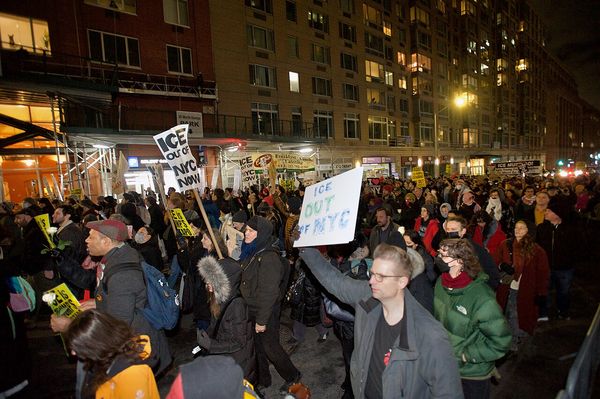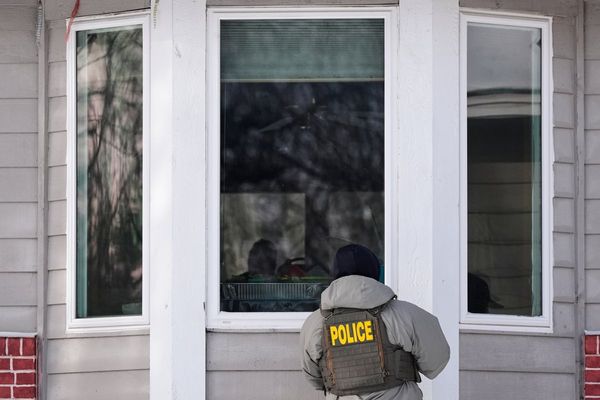"The memories we create with our loved ones are the most precious things we have in life. We often realize this too late. We would love to see someone we love, but that is no longer possible.
The images I'm sharing here represent the progress I've made in communication with those who sent me these images and the stage I've reached in meeting their expectations. At this point, I've realized that I can provide people with a "new" moment and a "genuine" emotion, and now, I'm ready to announce this.
Please kindly be informed that I'm ready to try to create 'new' moments for your lost loved ones. You can email me at alperyesiltas@gmail.com!
(Permission was obtained from the owners to publish these photos and show what can be done with my process and thus help more people.)"
#1

For a while, I've been researching the benefits that digital tools can provide to people. In this context, I've observed that entirely digital, unreal images can transcend the barrier of reality and evoke genuine emotions. Following this discovery, I've produced works related to lost social figures whom I deeply admire, incorporating romantic emotions, and these works have gained extensive coverage in the global press and been exhibited in various places. You may remember the 'As If Nothing Happened' series and the subsequent works that I published on Bored Panda. This discovery and recognition were a great start, but I felt it should also benefit people. That's when I decided to help people who reached out to me to create a "new moment" for their lost loved ones. However, I didn't intend to announce this until I reached the level I aspired to.
#2

When it comes to my technical process when it comes to these photos what I do is gather as much visual material as possible and use multiple applications/platforms that serve various purposes. It's not really feasible to do all of this with a single application. To summarize, it begins with digitizing the 'old moment.' At every point, it is necessary to check for 'realism.' After that, a convincing aging depiction is created by working on the person's (and if the person is very young, their parents') visuals. Then, a 'scene' is determined, and the person is depicted within that scene. The key to achieving realism is to communicate directly and sincerely with people about their emotions, desires, and what they miss, and to work with as many visuals as possible.
#3

#4

When I shared these photos with these people's family members, the reactions were some of my life's most uniquely fulfilling moments. I've witnessed many moments when the 'new moments' of lost loved ones were shown to their families for the first time. The happiness created by preserving small details has been shared with me extensively. I've had the opportunity to work on more than one person within some families. And for some individuals, I've produced multiple 'new' moments. One of the reactions that has never left my mind, and that made me believe I had reached the level I aimed for and inspired me to undertake serious work in this field, was this: 'When I look at your excellent work, I see her sisters, my husband, myself but most of all my beloved daughter. And indeed, as if nothing happened.'
#5

#6

While generating photorealistic images using artificial intelligence is a very controversial subject, as someone who has also experienced very sad losses, my initial thought on this matter was that it should be attempted, but depending on the outcome, it could be either abandoned or continued as a 'beautiful experiment.' As is known, the reason for the recognition of the techniques I use was the work I did with iconic social figures (As If Nothing Happened, etc.) and the 'believability' in those works.
Subsequently, I used the same techniques (and more) in this field upon receiving requests. Until now, I hadn't wanted to announce this, but I've decided to do so because I've seen that in my communication with people and in meeting their expectations, I can provide them with a 'new' moment and a 'genuine' emotion. This is a very special level of communication, and at this level of communication with people, I strive to fulfill their every request and make even the smallest detail visible. I keep our communication entirely confidential.
#7

#8

In my opinion, human perception transforms the things it focuses on into 'moments' by filling the surroundings with emotions. Artificial intelligence also operates with a similar algorithm. It won't take long for photorealistic artificial images to turn into photorealistic artificial videos. However, I believe the entire issue lies in the tiny (yet actually significant) details. I am eagerly awaiting the point at which technology becomes capable of noticing these details.
#9

#10

As I mentioned earlier, I embarked on this journey based on the requests of people who follow my work. The reactions from people to these works and where I have arrived have led to different thoughts about my creations. These works have become emotionally crafted 'high technical' creations for me, while for people, they carry a 'high emotional' significance. I find this distinction pleasing. The fact that there are people, including you, interested in learning my technique makes me feel like I am creating 'art.' As technological capabilities advance, I want to approach the tiniest details and 'moments' with even greater care.
#11

#12

#13

#14

#15

#16

#17








